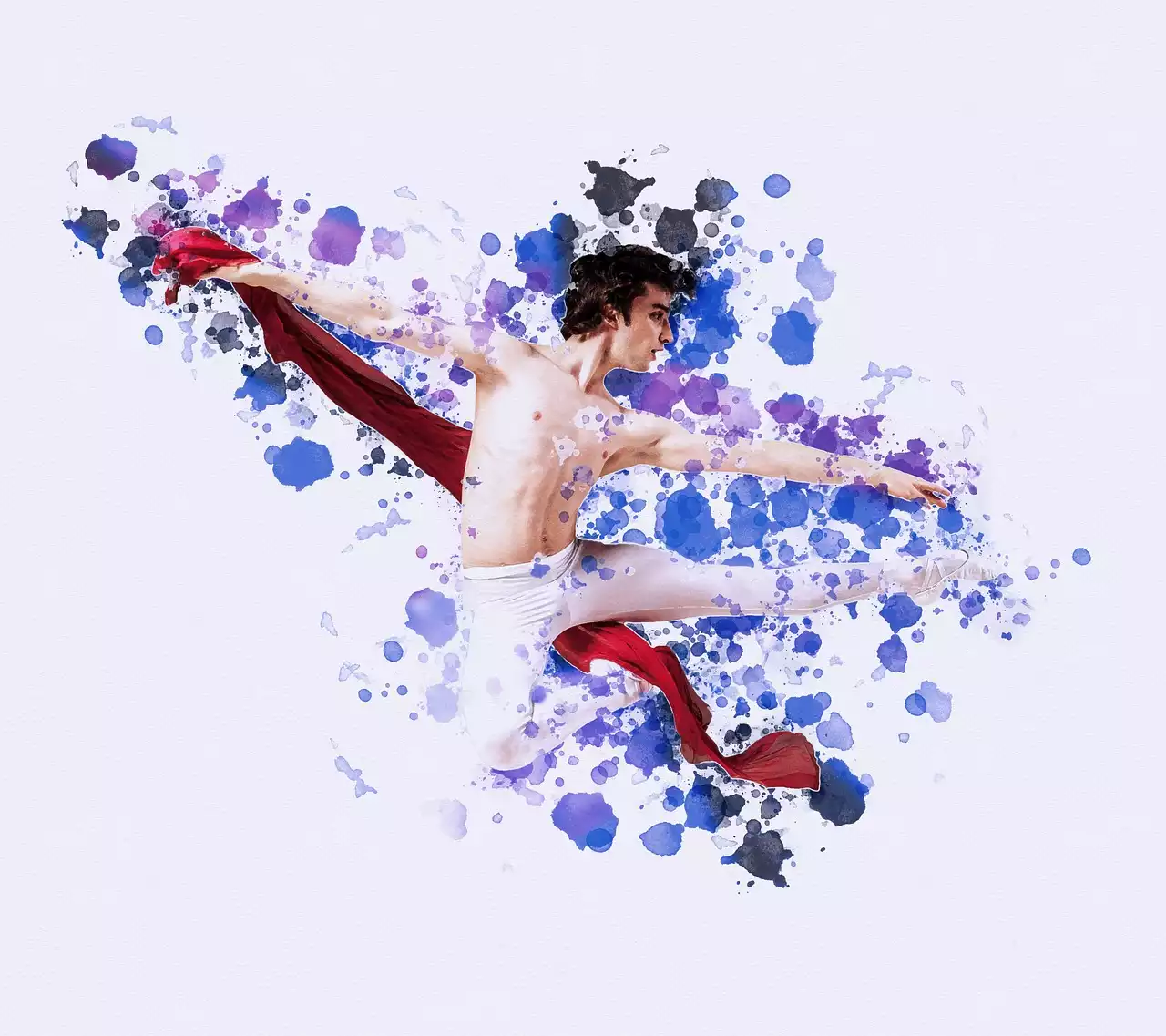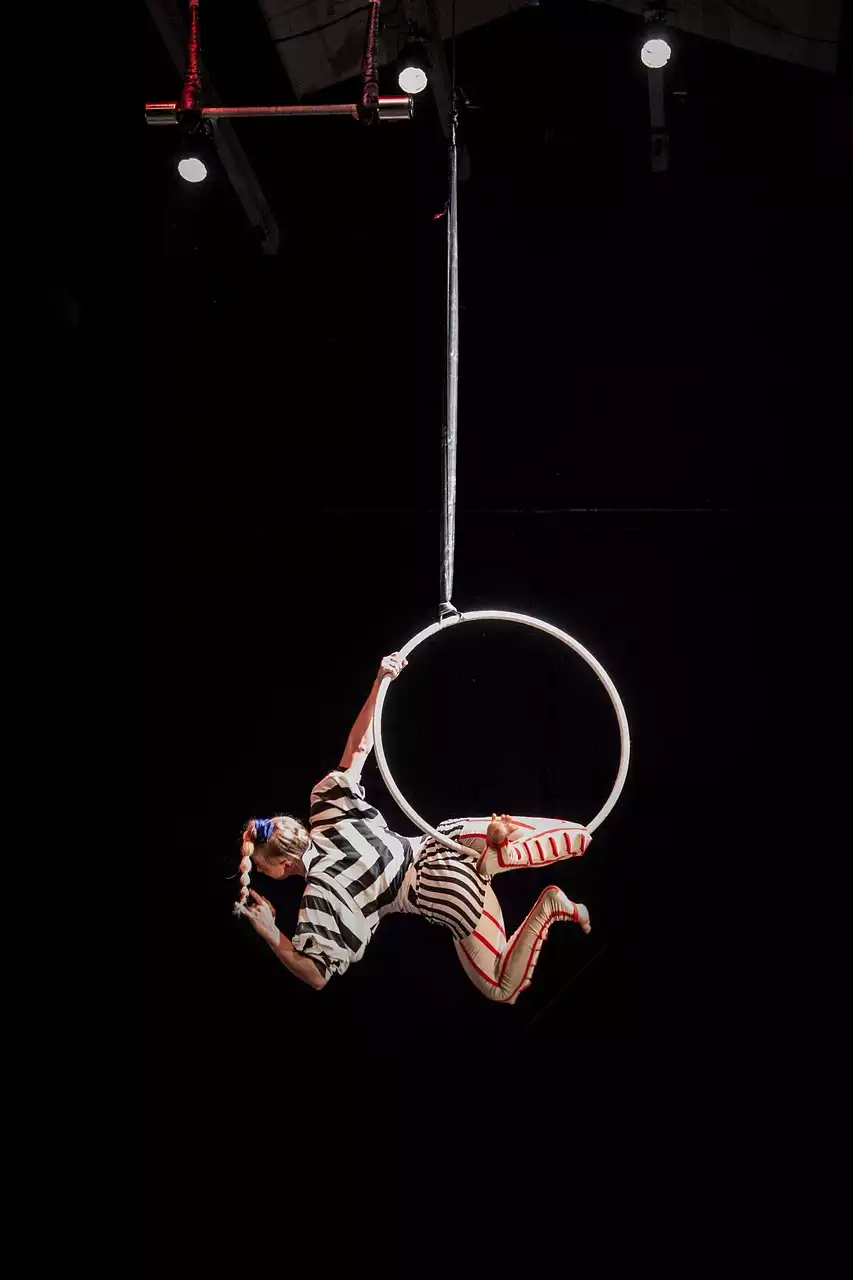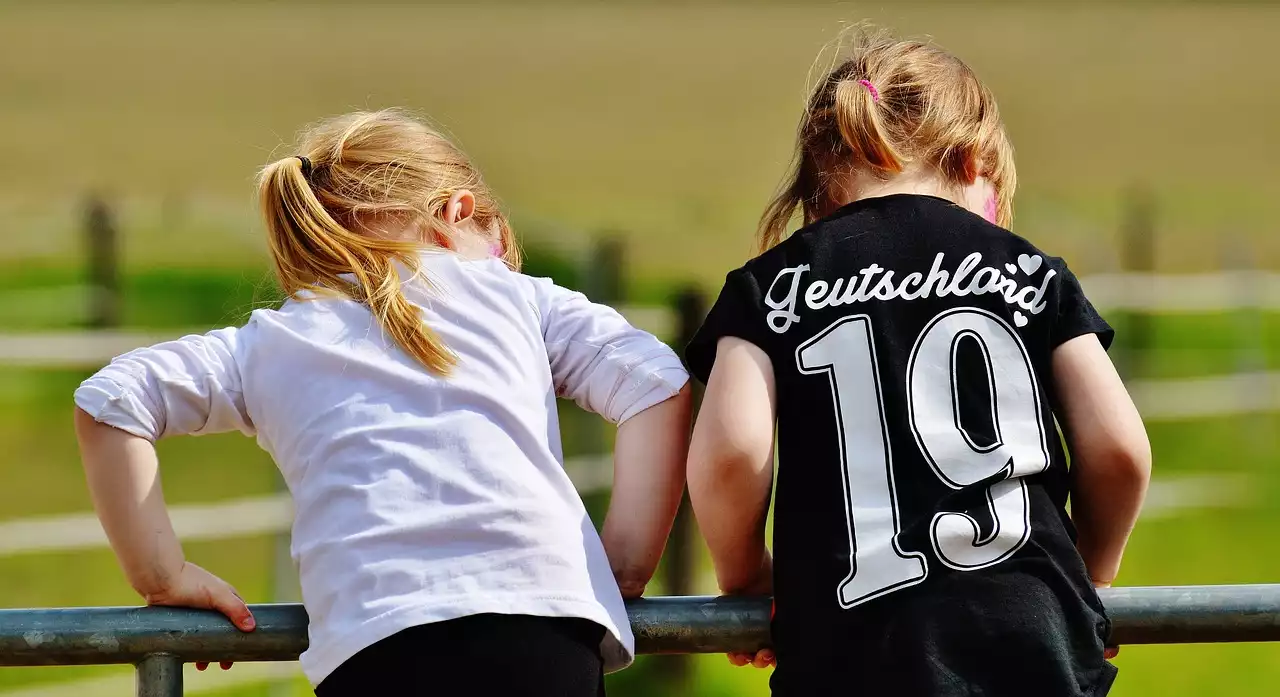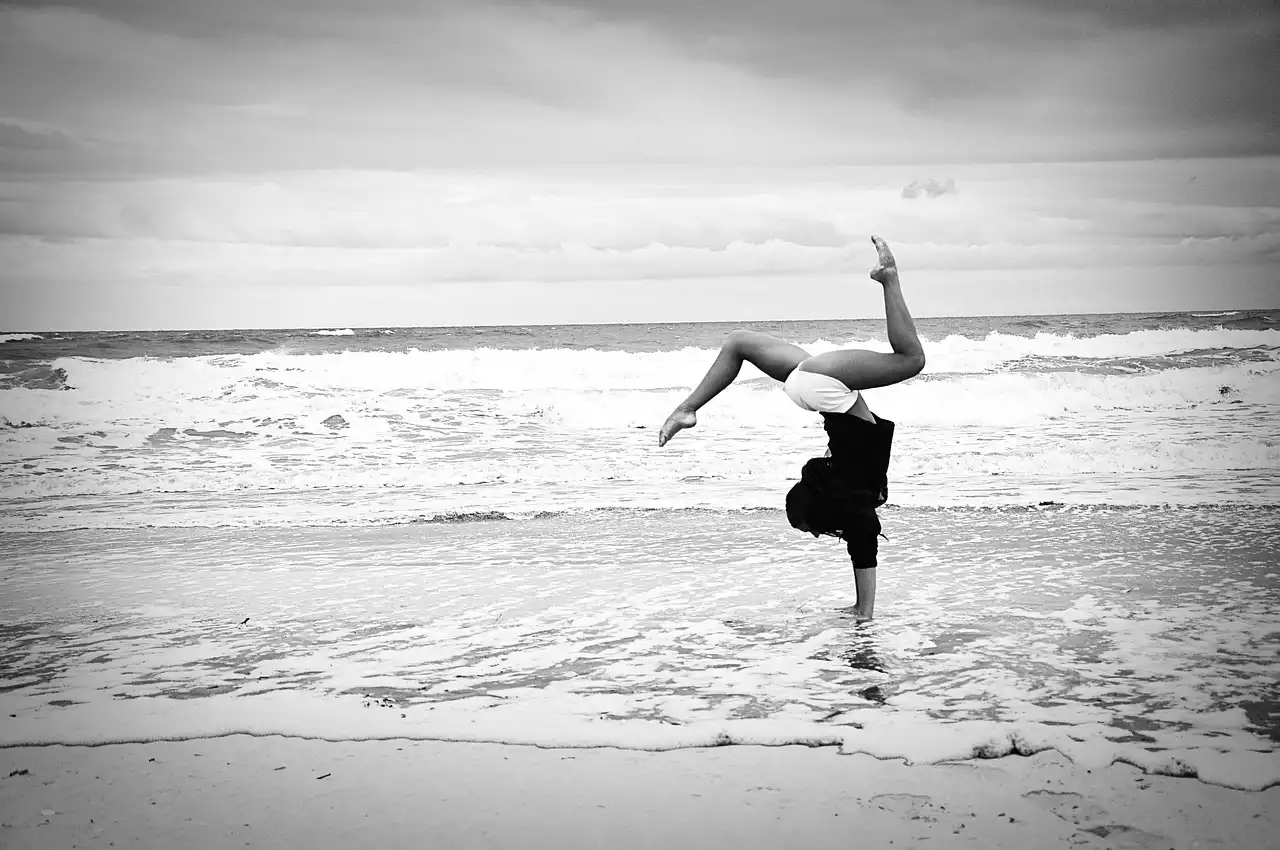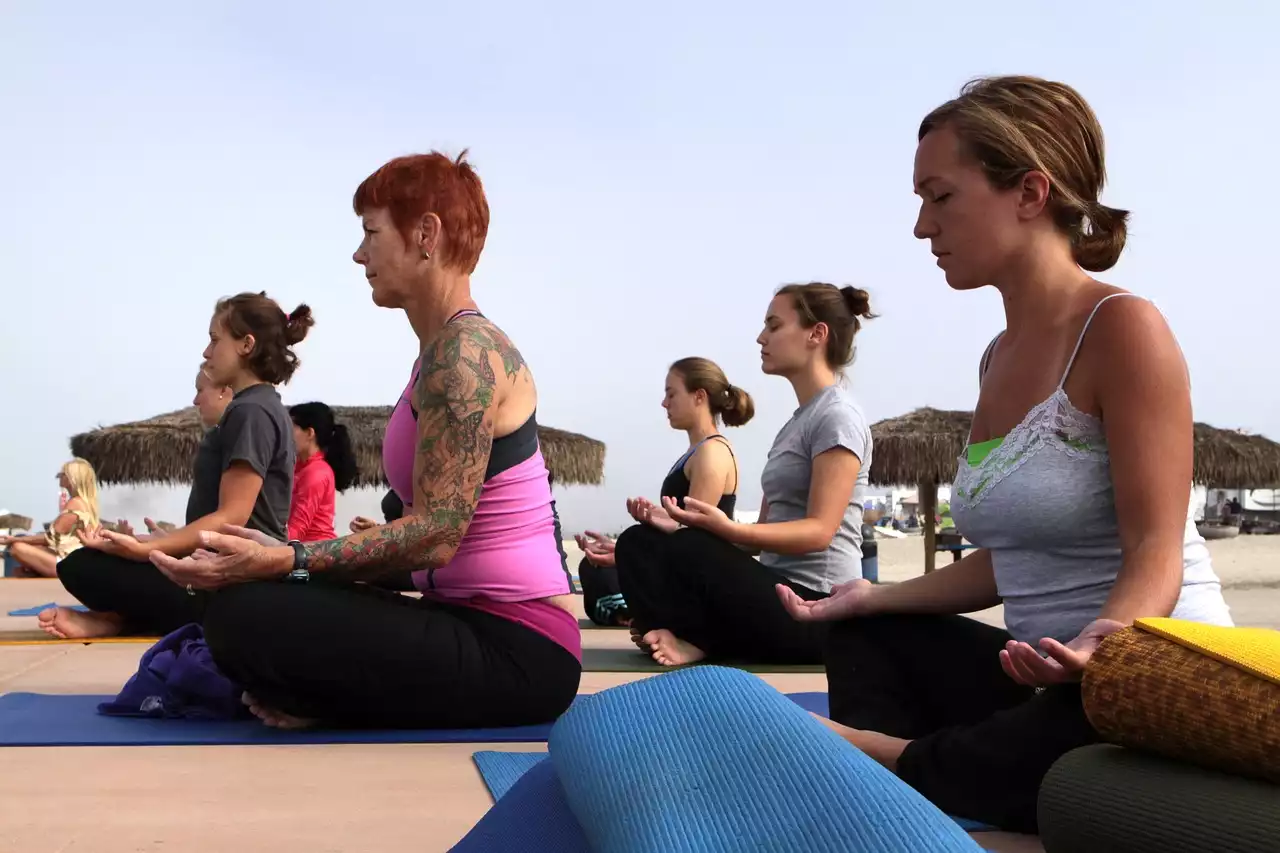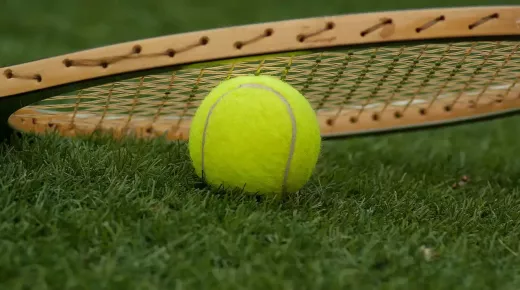What are the common challenges for young gymnasts?
Young gymnasts face a variety of challenges, both physical and mental. One of the most common challenges is the fear of failure. Many young gymnasts are afraid to attempt a skill they are not confident they can perform. This fear of failure can lead to frustration and a lack of motivation. In addition, mastering difficult skills can be a daunting task for young gymnasts. Skills like back handsprings, layouts, and aerials require strength, flexibility, and precision, and can take months or even years to learn. Finally, the pressure to perform in competitions can be overwhelming for young gymnasts. The pressure to succeed can cause stress and anxiety, leading to decreased performance.
Overcoming the Fear of Failure
The fear of failure is a common challenge for young gymnasts. It can be difficult to attempt new skills when you are afraid of not succeeding. One way to combat this fear is to focus on the process of learning a skill, rather than the result. Instead of focusing on the goal of perfecting a skill, focus on learning the steps and mastering one step at a time. This can help take the pressure off and make learning new skills more manageable. In addition, working with a coach can help young gymnasts gain confidence and overcome their fear of failure. A coach can provide support, feedback, and encouragement, helping young gymnasts stay motivated and stay focused on learning.
Mastering Difficult Skills
Mastering difficult skills is a challenge for all young gymnasts. Skills like back handsprings, layouts, and aerials require strength, flexibility, and precision, and can take months or even years to learn. One way to tackle these skills is to break them down into smaller, more manageable parts. For example, if a gymnast is learning a back handspring, they can start by working on their take-off and landing. Once these parts are mastered, the gymnast can add on the next step, such as arms and body position. Breaking the skill down into smaller parts can make it less overwhelming and help young gymnasts stay motivated. In addition, young gymnasts should focus on body awareness and proper form. Building strength and improving technique can make it easier to learn, and prevent injury.
Dealing with Pressure in Competitions
Competition can be a stressful and overwhelming experience for young gymnasts. The pressure to perform can lead to stress and anxiety, which can negatively impact performance. One way to cope with the pressure of competition is to focus on the process, rather than the outcome. Instead of worrying about the result, focus on the steps and how well you can perform each skill. This can help take the pressure off and allow you to focus on enjoying the process. In addition, it can be helpful to practice positive self-talk. Remind yourself that you are capable and that you have worked hard to prepare for this competition. You can also try to find comfort in the familiar. Bring a favorite toy or blanket with you to competitions to help you feel more relaxed.
Learning to Stay Motivated
Motivation is key to success in gymnastics. Young gymnasts may find it difficult to stay motivated when learning new skills or preparing for competitions. One way to stay motivated is to set small, achievable goals. These goals can be anything from mastering a new skill to improving flexibility or strength. When you set small goals, you can track your progress and celebrate your successes. This can help you stay focused and motivated to reach your goals. It can also be helpful to find a role model or mentor to look up to. Having someone to look up to can help you stay motivated and inspired to reach your goals.
Developing Mental Strength
Mental strength is an important part of success in gymnastics. Young gymnasts must learn to stay focused, stay positive, and cope with the pressure of competition. One way to build mental strength is to practice visualization. Visualization is a technique where you imagine yourself in a situation and practice how you would like to react. For example, if a young gymnast is competing, they can imagine themselves performing their routine and staying focused and confident. This can help them stay calm and composed when they are actually competing. In addition, developing a pre-competition routine can help young gymnasts stay focused and remain positive. This can be anything from stretching to writing in a journal to listening to music.
The Benefits of Working with a Coach
Working with a coach can be incredibly beneficial for young gymnasts. A coach can provide support, feedback, and guidance, helping young gymnasts stay motivated and focused. In addition, a coach can help young gymnasts break down skills and learn proper techniques. This can help prevent injury and make it easier to learn and master skills. Finally, a coach can provide an outside perspective and help young gymnasts build confidence and mental strength. Working with a coach can be incredibly beneficial for young gymnasts and help them reach their goals.
